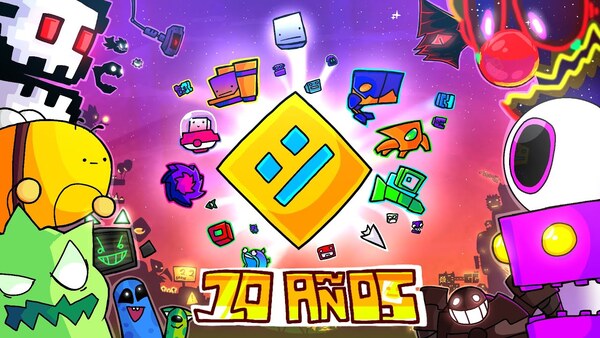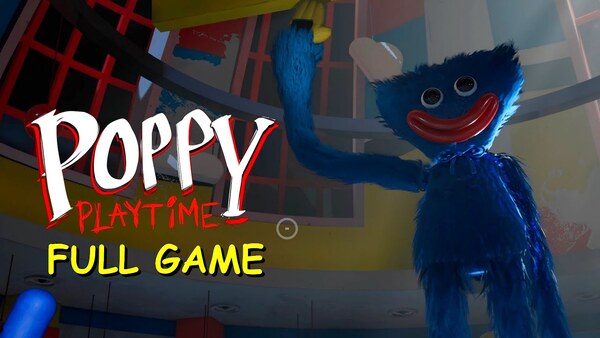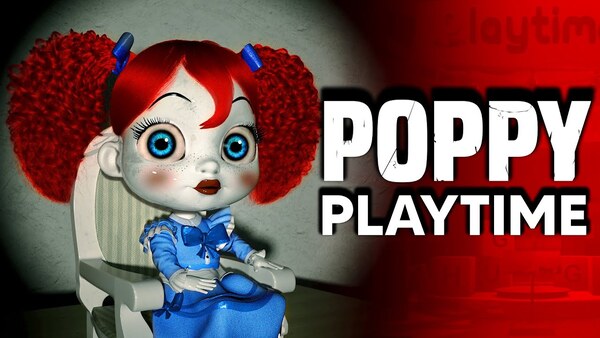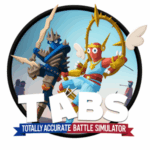Since its release in 2018 by InnerSloth, Among Us has become one of the most popular social deduction games worldwide, especially surging in popularity during 2020. Blending teamwork, deception, and mystery, the game captivates players by forcing them to collaborate and deceive in equal measure.
Among Us’s accessible gameplay, charming visuals, and intense multiplayer dynamics have made it a staple in online gaming communities and a favorite for streamers. This article explores its gameplay mechanics, social aspects, content, community, pros and cons, and overall impact.
1. Basic Gameplay and Objectives
Core Concept
Among Us pits a group of crewmates against one or more impostors aboard a spaceship, space station, or alien base. Crewmates must complete tasks while trying to identify and vote out the impostors, who sabotage and eliminate crew members stealthily.
Task Completion and Sabotage
Crewmates work on simple mini-games as tasks, while impostors sabotage systems to create chaos and isolate victims.
2. Roles and Game Variations of Among Us
Crewmates
Their goal is to finish all tasks or eject all impostors. They must communicate, observe behavior, and deduce who is lying.
Impostors
Their goal is to eliminate crewmates without getting caught. They can fake tasks, use vents to move quickly, and sabotage critical systems.
Other Roles
Some mods and updates introduce additional roles like scientists, engineers, and sheriff, adding complexity.
3. Maps and Settings
Variety of Maps
Among Us includes maps like The Skeld (spaceship), Mira HQ (station), Polus (planet surface), and the Airship, each with unique layouts and tasks.
Strategic Importance
Each map offers different opportunities for hiding, venting, and teamwork, influencing gameplay style.
4. Communication and Social Interaction
Emergency Meetings and Discussions
Players call meetings to discuss suspicious behavior and vote to eject suspected impostors, fostering intense social interaction.
Voice and Text Chat of Among Us
Communication occurs via in-game text chat or external voice apps, adding layers to deception and teamwork.
5. Visuals and Audio
Cartoonish, Minimalist Art Style
Bright, simple character designs and environments make the game approachable and visually clear.
Audio Cues
Sound effects hint at actions like door closing or task completion, providing subtle gameplay information.
6. Cross-Platform Availability
Among Us is available on PC, iOS, Android, and consoles like Nintendo Switch and Xbox, allowing broad player connectivity.
7. Modding and Community Content
The community has created various mods introducing new roles, cosmetics, and gameplay mechanics, enriching replayability.
8. Monetization and Accessibility of Among Us
Among Us offers a free version on mobile with ads and an affordable paid version on other platforms. Cosmetics and skins are optional purchases, ensuring fair play without pay-to-win elements.
Conclusion
Among Us’s success lies in its simple yet addictive social deduction gameplay that thrives on human psychology, trust, and betrayal. Its accessibility, combined with intense multiplayer fun, has made it a modern classic.
While communication reliance and occasional frustrations exist, the game’s dynamic nature and community support keep players coming back. Whether with friends or strangers, Among Us offers a unique blend of mystery and teamwork that’s hard to find elsewhere.





























